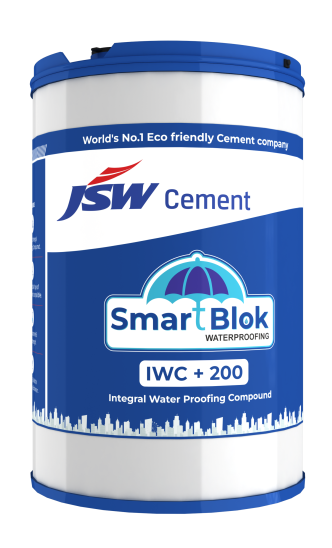JSW Cement: Pioneering Sustainable Cement Solutions

Introduction
JSW Cement is a key player in the Indian construction industry, renowned for its sustainable and innovative cement solutions. As India embarks on ambitious infrastructure projects to support its rapid growth, the demand for high-quality cement is rising exponentially. JSW Cement’s commitment to sustainability and efficiency positions it as a pivotal contributor to meeting this demand, while also addressing environmental concerns.
Current Developments
In recent news, JSW Cement has set a target to increase its production capacity from 14 million tonnes per annum (MTPA) to 25 MTPA by 2023. This ambitious goal is part of their strategy to establish themselves as a market leader amidst increasing competition in the industry.
Moreover, JSW Cement is investing significantly in green technologies, including the use of waste materials in production processes, which reduces the carbon footprint associated with traditional cement manufacturing. In line with India’s objectives to reduce carbon emissions, JSW Cement aims to produce 25% of its total output using alternative fuels and raw materials by 2025.
Technological Innovations and Contributions
JSW Cement has been at the forefront of innovation, launching advanced products such as Portland Slag Cement (PSC) and Concreel HD, which are engineered for better strength and durability. These products not only improve the life cycle of constructions but also contribute to the sustainability of projects by utilizing industrial byproducts. The company has also initiated initiatives such as the “Road to Sustainability” campaign, which focuses on promoting sustainable construction practices among builders and contractors.
Market Position and Future Outlook
JSW Cement has reported steady growth and is now recognized amongst the top three cement manufacturers in India. Market analysts predict that with its continuous expansion and commitment to green technology, JSW Cement is poised to capture a significant share of the cement market in the coming years. Additionally, as the Indian government advances its infrastructure programs, the forecast for cement consumption remains optimistic, benefitting companies like JSW Cement.
Conclusion
JSW Cement stands as a model for sustainable manufacturing in India’s cement industry. Its focus on innovation, environmental sustainability, and capacity expansion not only earmarks it as a leader but also as an essential partner in India’s developmental journey. As infrastructure projects become more prominent, the significance of companies like JSW Cement will be vital in shaping a more sustainable future for urban development.







